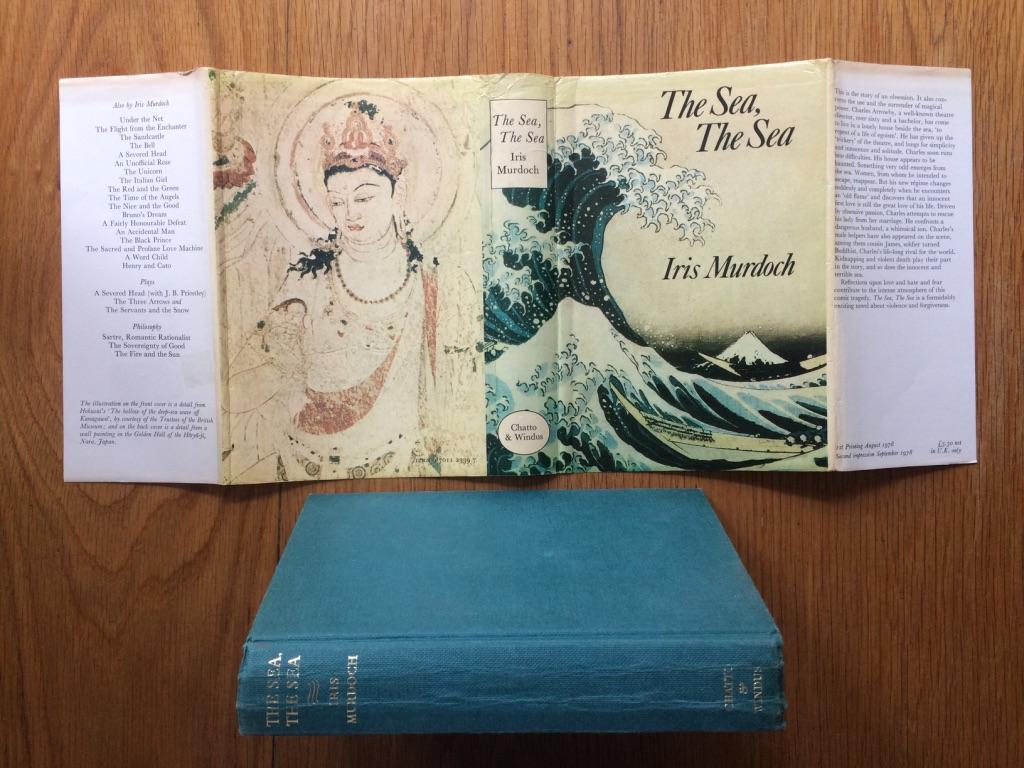

Despite this revival, however, certain aspects of Murdoch's views remain poorly understood, including her account of a concept that she famously described as " central " to moral philosophy – i.e. In the last few years, there has been a revival of interest in the philosophy of Iris Murdoch. Thus this dissertation explains how and why this memorialisation of Thompson and Steiner may have been undertaken, what effect it may have had on her later fiction, and how its creation plays an important role in the development of the literary elegiac form. It frames the memorial of Thompson in a parallel series of metatextual references to another significant lover whom she met after the end of the War, Franz Baermann Steiner, and explains this complementary context in relation to her primary purpose: a memorial to Thompson. This dissertation reveals and explores Murdoch’s hidden elegy for Thompson in The Sea, The Sea, and its contextualisation within her wider body of work. I argue that his death made a lasting impact on Murdoch, and his elegisation in The Sea, The Sea constituted a watershed in her fiction. Thompson served with British Special Forces in the Second World War, and was captured by Bulgarian fascists and shot by firing squad. In this way Murdoch’s elegy for Thompson is a significant link in the evolution of the elegiac form, from a readable verse memorial into an implied, invisible, wordless lament.

It argues that she memorialised him in her prize-winning novel The Sea, The Sea (1978), in a complex web of references, symbols and clues, both hidden and overt, which create a metatextual memorial, or form of elegy, for Thompson within the text. Abstract This dissertation identifies a hitherto unnoticed significance in Iris Murdoch’s fiction of the close relationship between Murdoch and one of the most important men in her life, her Oxford friend, Frank Thompson.


 0 kommentar(er)
0 kommentar(er)
